There's a lot to love about open-source software, so much so that I've been actively trying to use and support more open-source projects. I currently self-host services like Immich and Automatisch, which are only made possible by the open-source nature of the projects.
You may even be using open-source software without knowing it, as popular software like Firefox, GIMP, OBS, VLC, and Linux are all open-source tools. But as I work with more open-source software, I've encountered issues that are hard to ignore and important to keep in mind when using it.
8 Open-source apps can still have paywalls
Certain features can be locked away
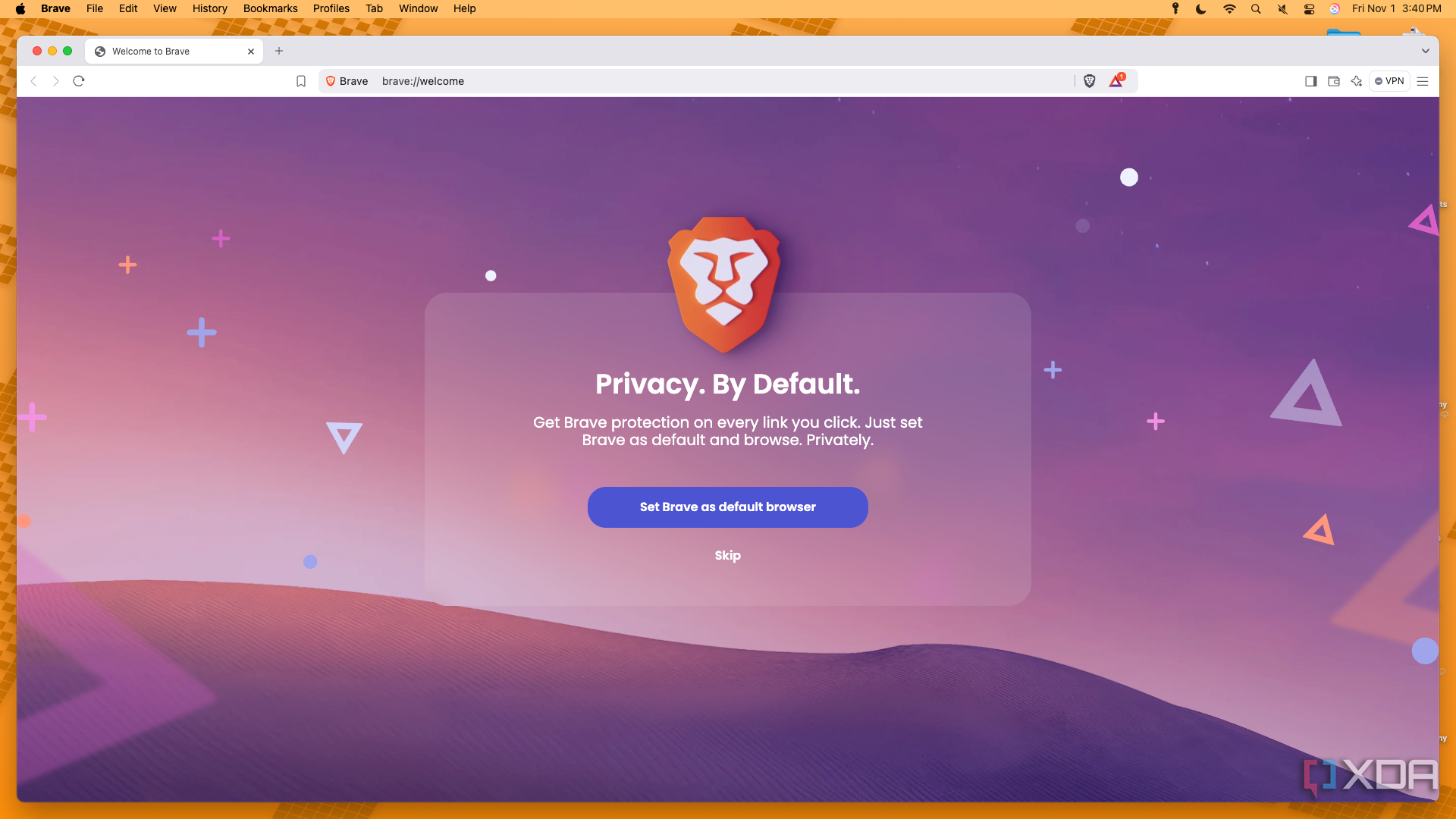
Many people associate open-source software with free software. While many, if not most, open-source apps are free, this doesn't mean that you won't encounter monetization and paywalls when using open-source software.
This is more than developers just asking for a donation or tip for their contributions, but locking certain features behind enterprise licenses. Even if you're self-hosting software, you might find that certain features require a different license. I found that this was the case when I tried out OpenProject.
Meanwhile, Brave is a great free browser that is also open-source. However, certain features, like the VPN and Firewall, require you to subscribe. If a service offers cloud hosting or a cloud plan, you'll often find this is part of their paid services.
Now, don't get me wrong — I don't begrudge developers from trying to make a living off of the software they've developed, especially since it funds improvements to the community/collaborative editions. But it is something that people need to keep in mind when it comes to adopting open-source alternatives in case they misunderstand the concept.
7 Projects are vulnerable to DMCA takedowns
Most devs don't have big companies behind them
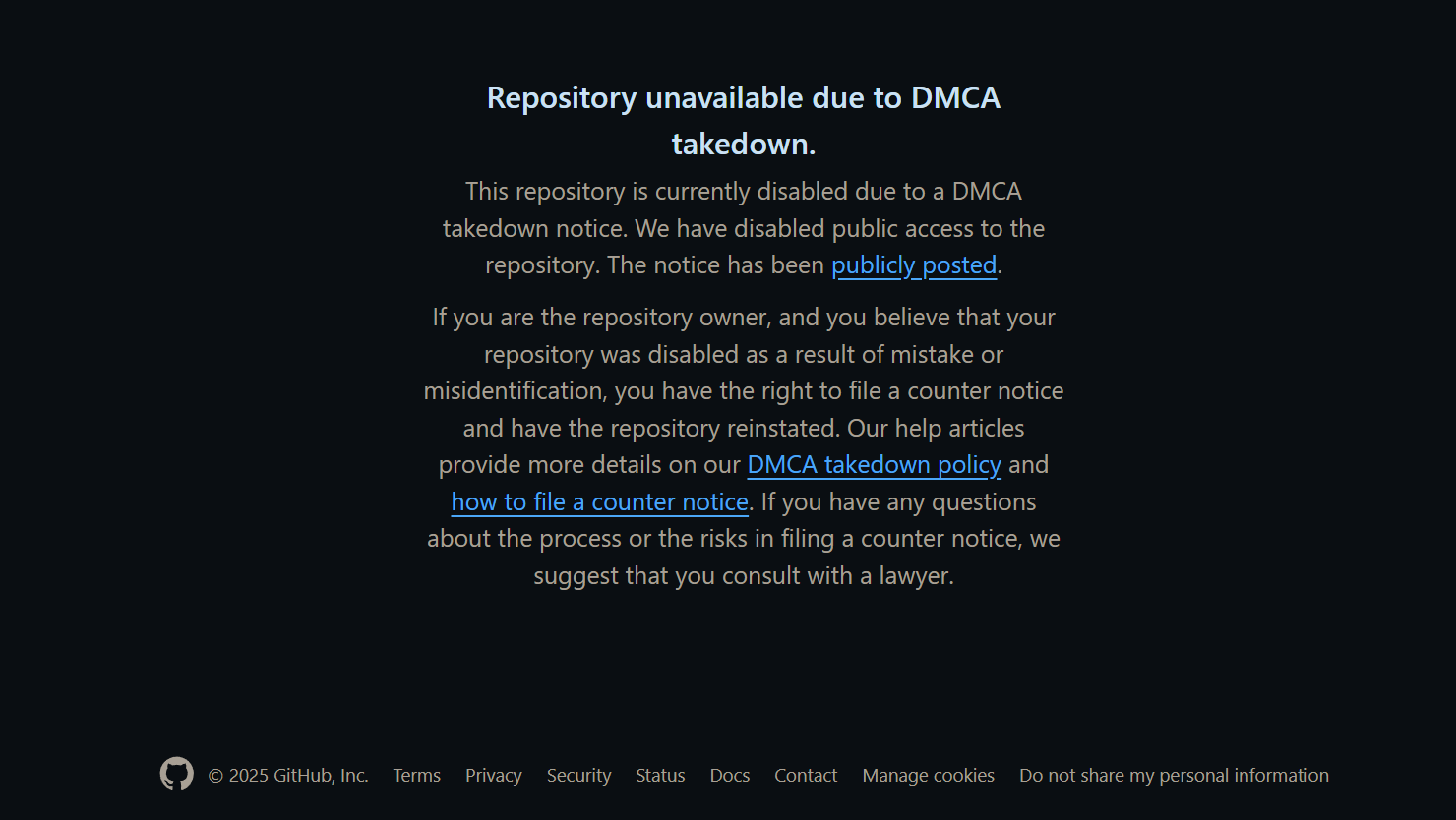
I've seen more than one project taken down due to the threat of litigation, and you'll see this happen, especially if you follow the open-source subreddit or open-source news sites. While some of these takedowns may be legitimate, even if they aren't, there's not much developers can do to fight back if they don't have a large company behind them.
Some open-source projects are maintained by large companies or foundations, but many, many more are small projects with only a few contributors. These small teams don't have the funds for lengthy litigation, so many just opt to drop a project completely if it attracts the ire of a company with a team of lawyers.

Related
6 under-the-radar FOSS projects that could save you hundreds this year
These lesser-known products help you manage your finances or avoid paid software.
And not every project gets forked
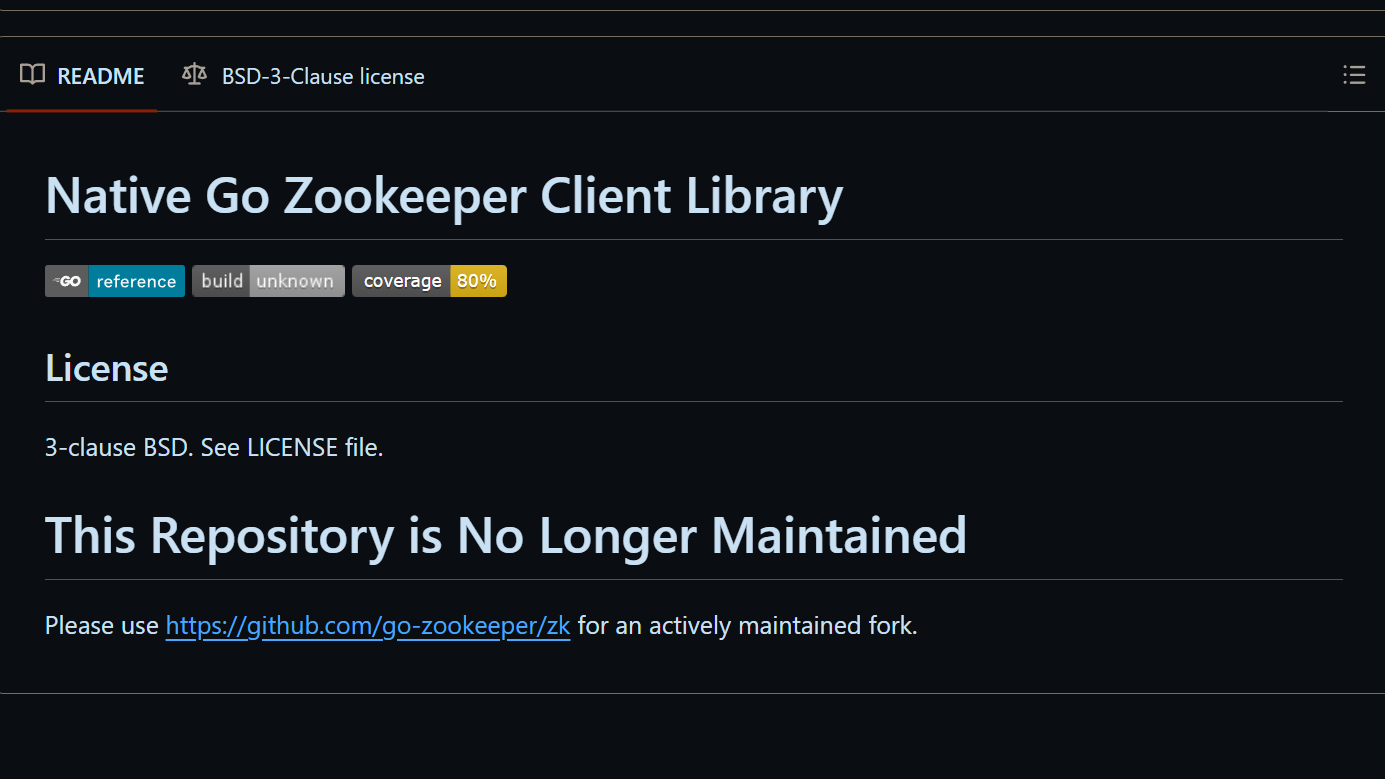
Now, abandoned projects are not something that only happens to open-source software, as there are many proprietary apps and services that get ditched by the companies that created them (just think of the Google graveyard). However, I do find that proprietary software tends to have a longer lifecycle.
This problem affects smaller projects the most. Firefox is likely to keep going strong thanks to the Mozilla Foundation and Mozilla Corporation. But the original developers may abandon that cool tool with a niche use case.
Luckily, many developers will put a disclaimer on GitHub when they stop maintaining their project and will redirect users to one of its forks. But there are also many that go without updates for years with no word from the original creators. I've found that this is often a problem with Obsidian community plugins, with many popular plugins showing that they have not been updated in years.
5 It's difficult to verify security if you're not a developer
You need to wade through the source code
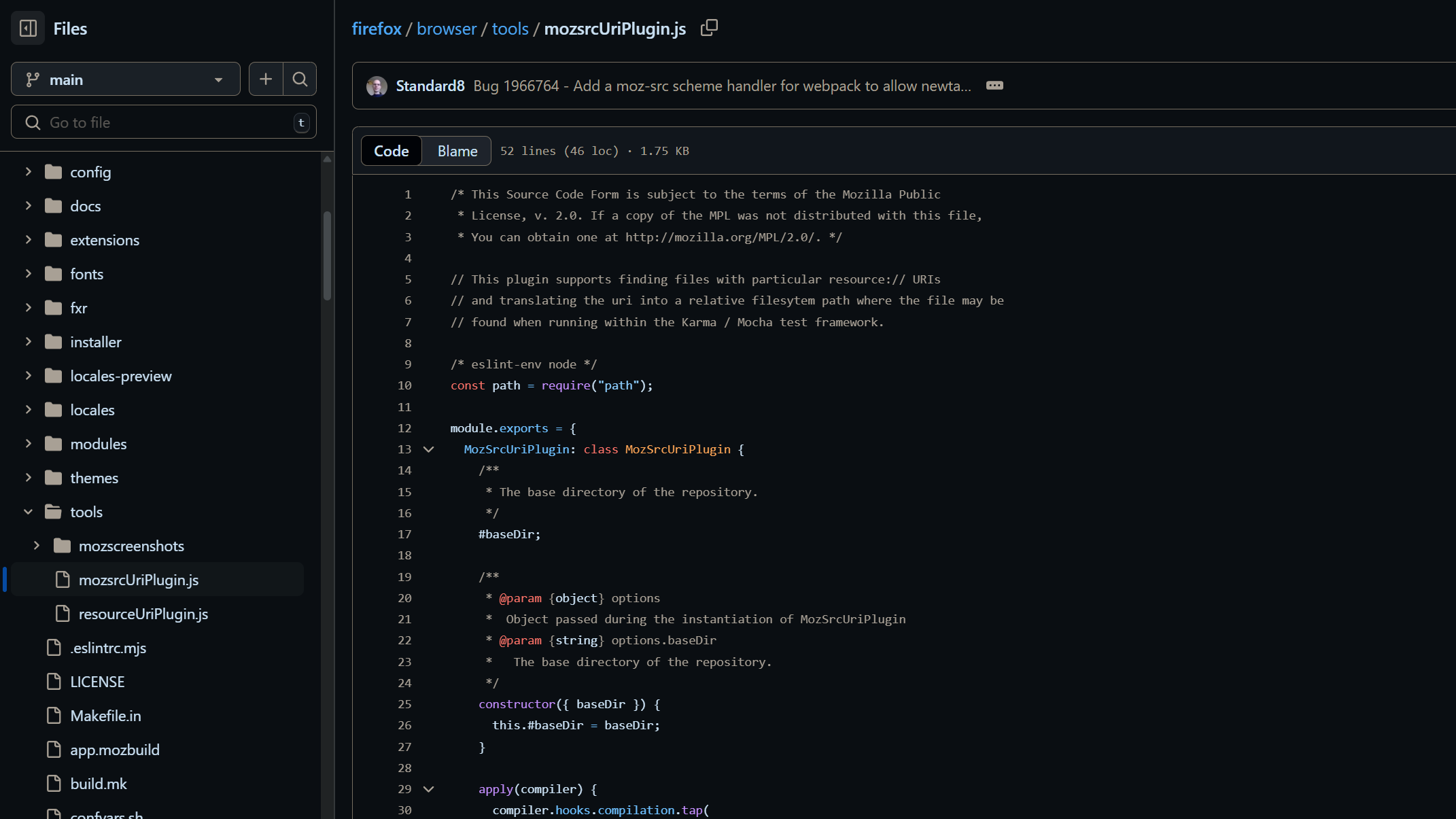
One of the benefits of open-source software is that since the code is publicly available, it's open to scrutiny. This means that other developers and community members can identify overlooked vulnerabilities in the code and warn others.
But what if you're using a lesser-known tool? In that case, the ability to spot issues is dependent on your own coding and cybersecurity knowledge. Since developers are not the only people who self-host or use open-source software, there are many people who won't be able to spot if there's an issue with a particular app.
4 Some projects could land you in trouble
And many don't come with warnings
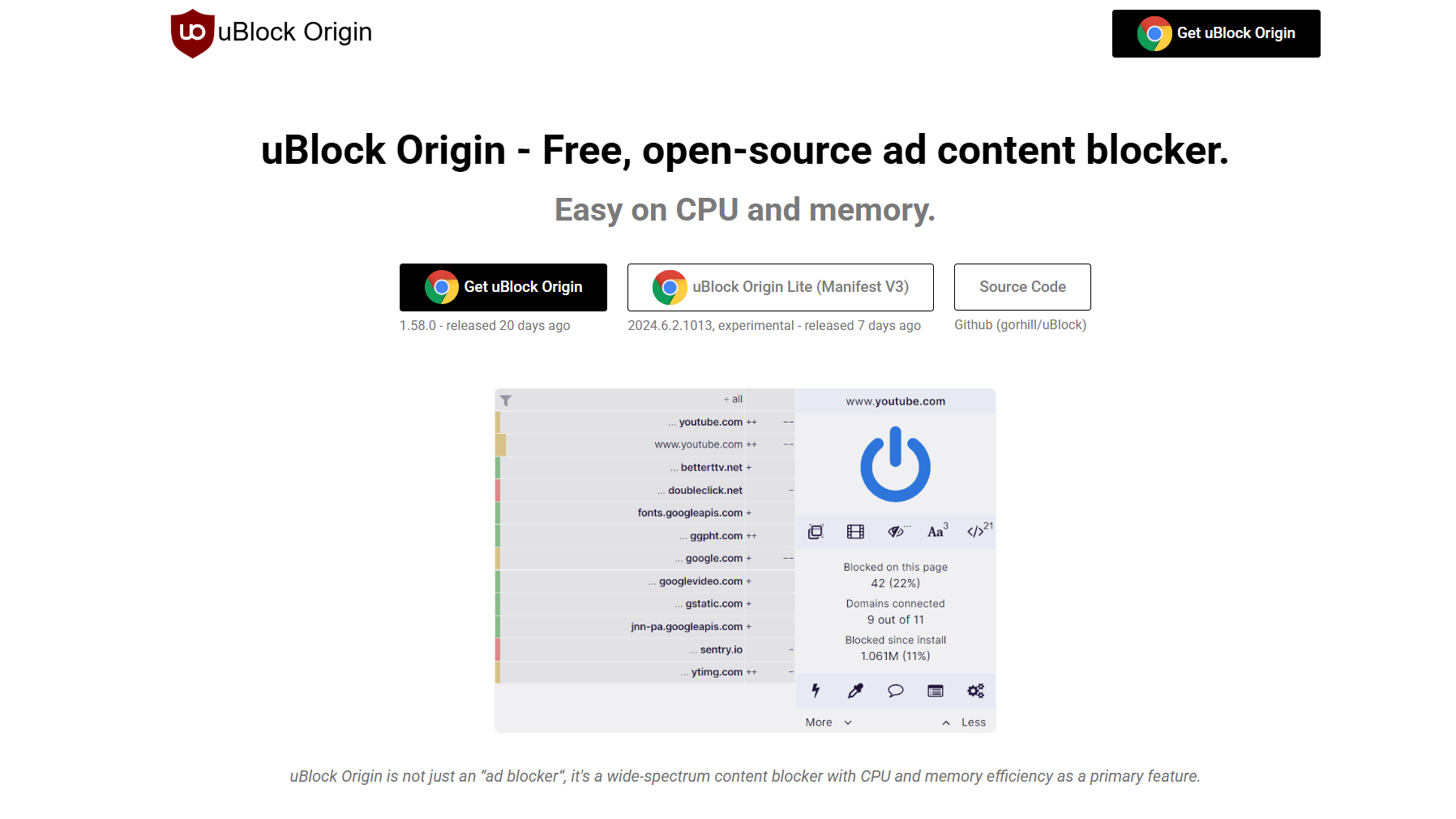
Something I've noticed when browsing through recommended self-hosted and open-source apps is that people assume those they're recommending software are aware of the implications of using it. For example, while you can self-host entertainment apps in a perfectly legal way, the reality is that many people use these platforms to download copyrighted content that they don't have ownership of. Depending on where you live, sharing this media with others can land you in trouble with the law.
There are also plenty of open-source apps that allow you to download from platforms like YouTube or use them without ads. However, these platforms go against YouTube's terms of service. Even ad-blockers, which are an essential tool for many internet users, technically go against YouTube's terms. Luckily, in this case, you're usually just warned to switch off your ad-blocker rather than facing an account ban. But this doesn't mean that services like YouTube and Spotify won't eventually start banning users who violate their terms.
3 Many feature an unintuitive UI
Not every project is polished
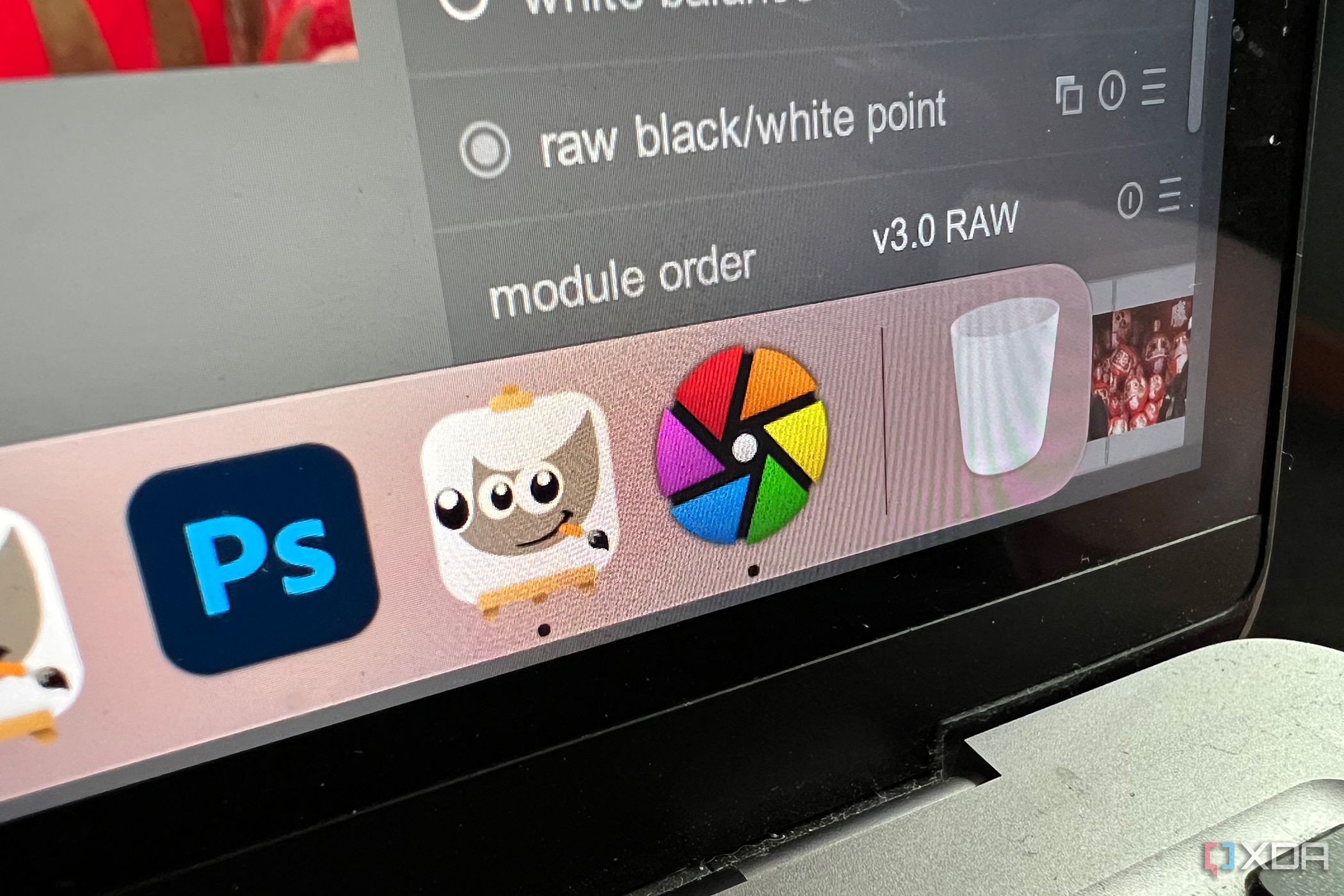
A lot of open-source projects focus on features over the user interface, and I'd argue that I'd take a rich feature set over a slick UI. But unintuitive UIs are definitely a drawback I've encountered a lot with using open-source software from smaller teams of developers.
However, I have been surprised by the polish seen in certain projects. I tried Immich to see if it could replicate my favorite Google Photos features, and I was pleasantly surprised that the software is easy to use but also packed with features. But at the same time, even though I use GIMP for certain image edits, I've always found its UI lacking.
2 The lack of integrations
Proprietary software tends to play well with others

Another drawback of open-source software is that it doesn't always integrate well with other platforms. A major platform like Zapier has a lot more integrations available than open-source alternatives I've tried. This is especially true when the software comes from a company that publishes multiple apps. Just think about how well Microsoft's apps work with each other, or the many integrations Google's apps have.
This is not to say that it's impossible to integrate your favorite services with open-source alternatives. In fact, I used Automatisch to create a few no-code automations with some of the popular apps I use daily. I also know that Home Assistant supports plenty of integrations. But the smaller the project you're using, the more likely you'll encounter less integration with other tools.
1 You usually don't get tech support
You're on your own
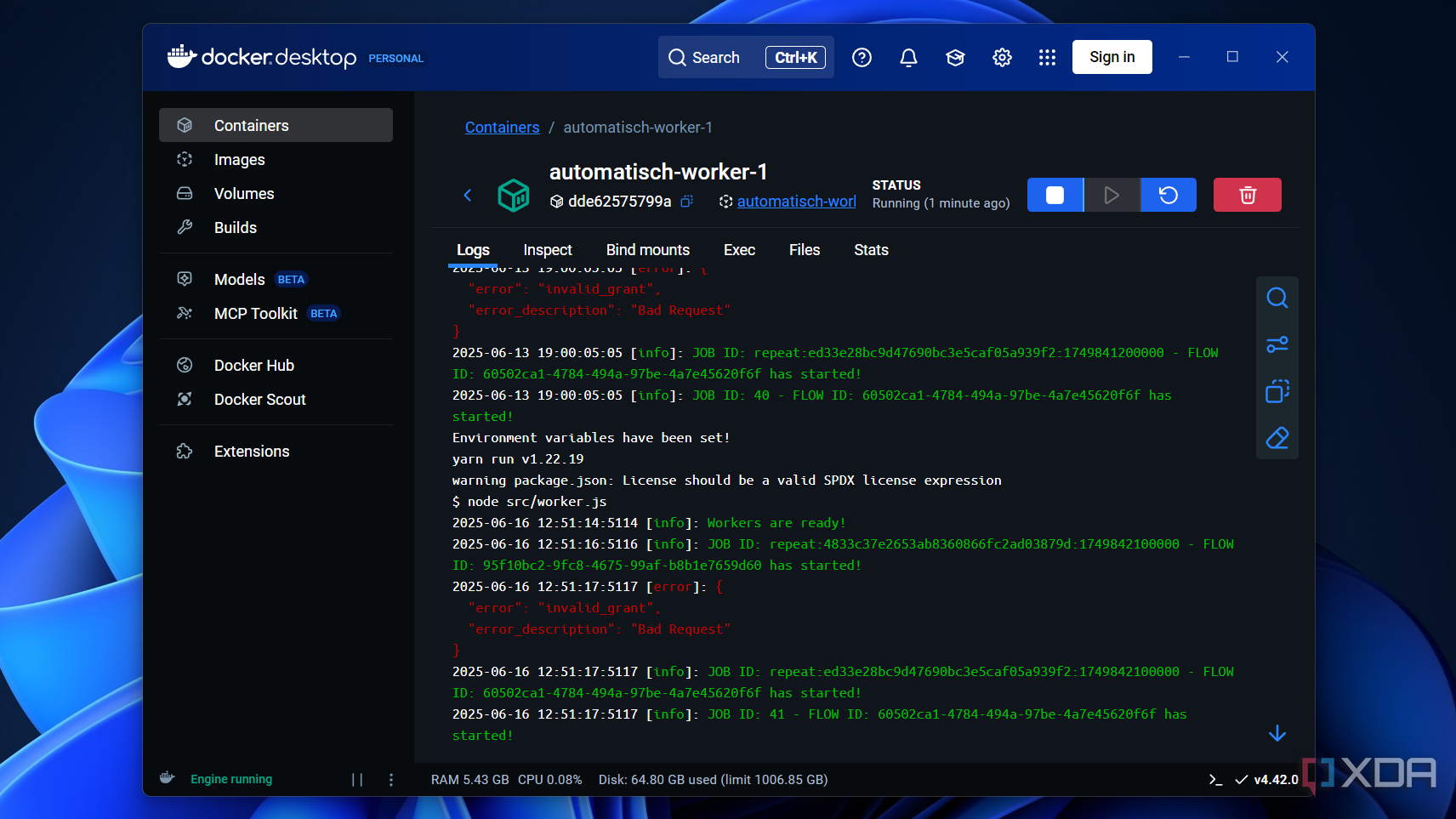
If something goes wrong while you're using open-source software, you're not likely to have access to tech support or a customer service channel. Sometimes you can find posts by others that discuss fixes for issues, but if the tool you're using isn't well-known, you'll likely only find dead ends.
One way to get some help is to post an issue on GitHub, but whether you get a response is entirely dependent on the developer and contributors. I've also found that sometimes when I get a response, the fix doesn't actually work.
This is another area where a lack of coding experience can also come back to bite you, especially if you're self-hosting software. I've spent many hours troubleshooting open-source software, only to eventually give up on using it due to issues I can't fix. This has prompted me to start learning coding so that I can hopefully troubleshoot better and also contribute to the platforms I benefit from.
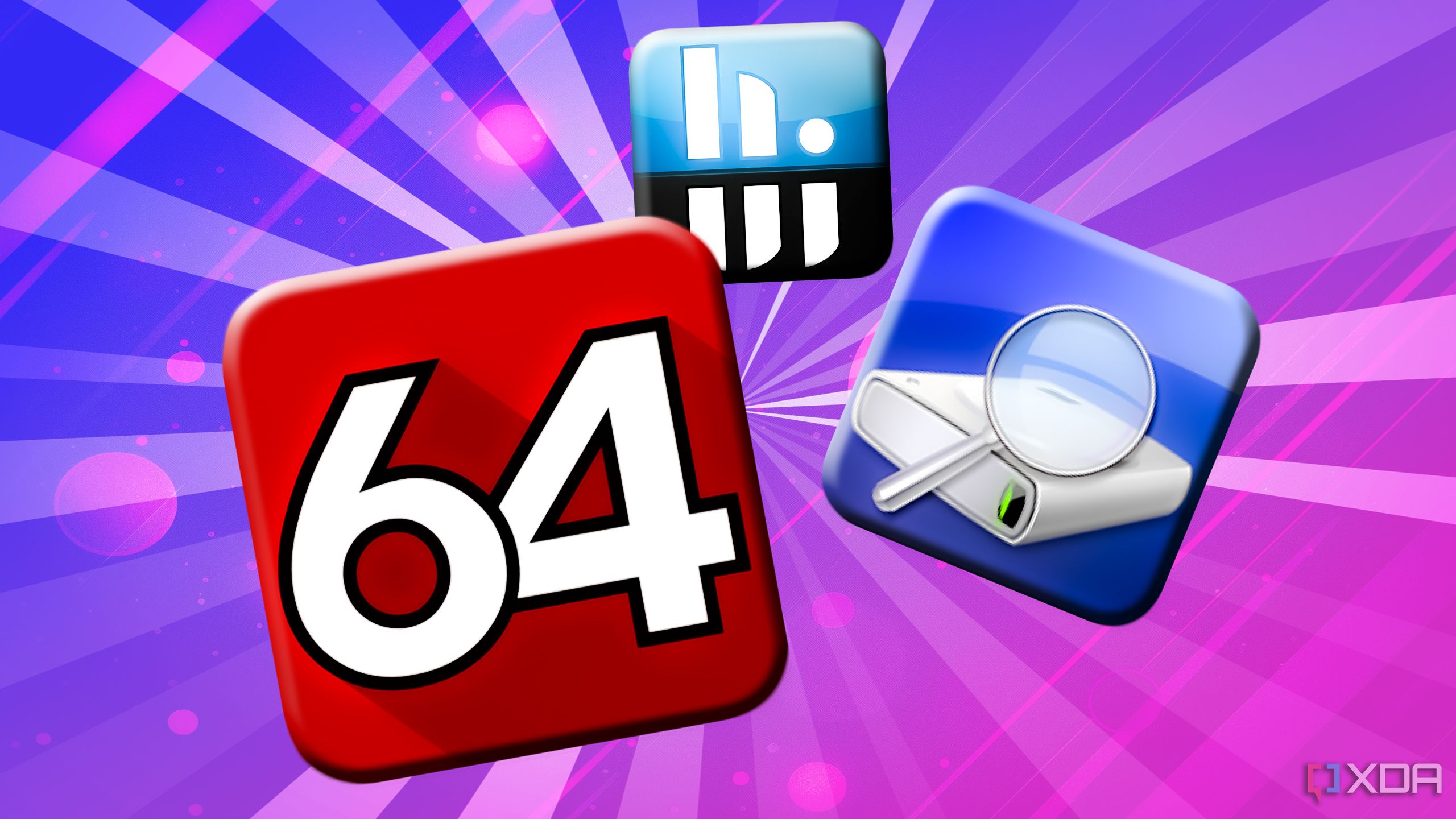
Related
5 tools for diagnosing and fixing PC hardware issues
Diagnosing your PC hardware can be tiresome, but these five tools aim to make your life easier
Open-source software is great, but there are still issues
You might come away from reading this and think that I'm encouraging people to only use proprietary software, but I'm not. I love open-source software and the fact that it can bring people together to collaborate on useful, innovative tools.
However, there are some drawbacks, especially if you don't have the technical skills to examine and fix bugs and potential problems with software that shares its source code. It also means that when projects get abandoned, you have to rely on others to continue developing forks of the original or hope that there is an alternative available.
.png)
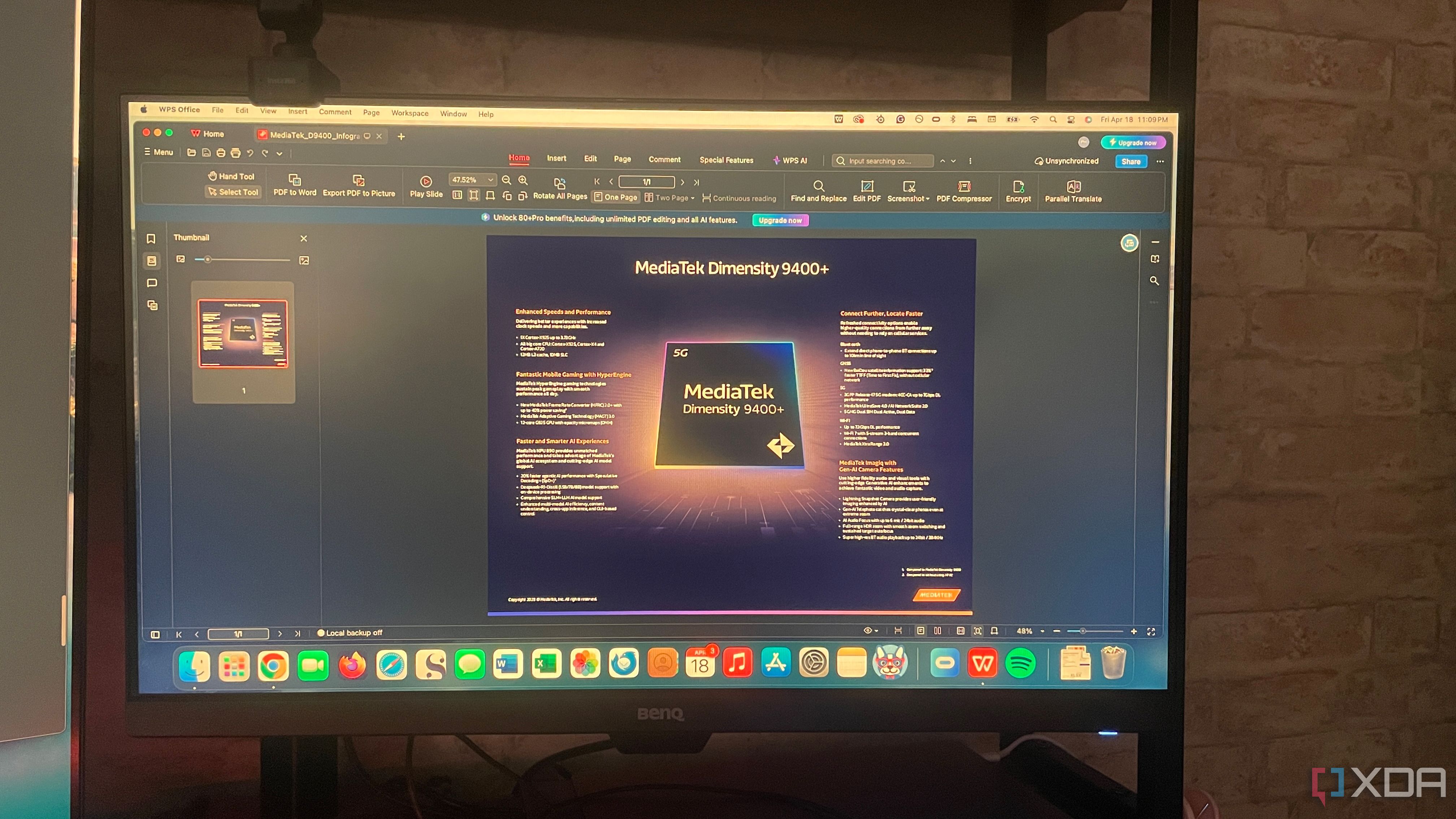
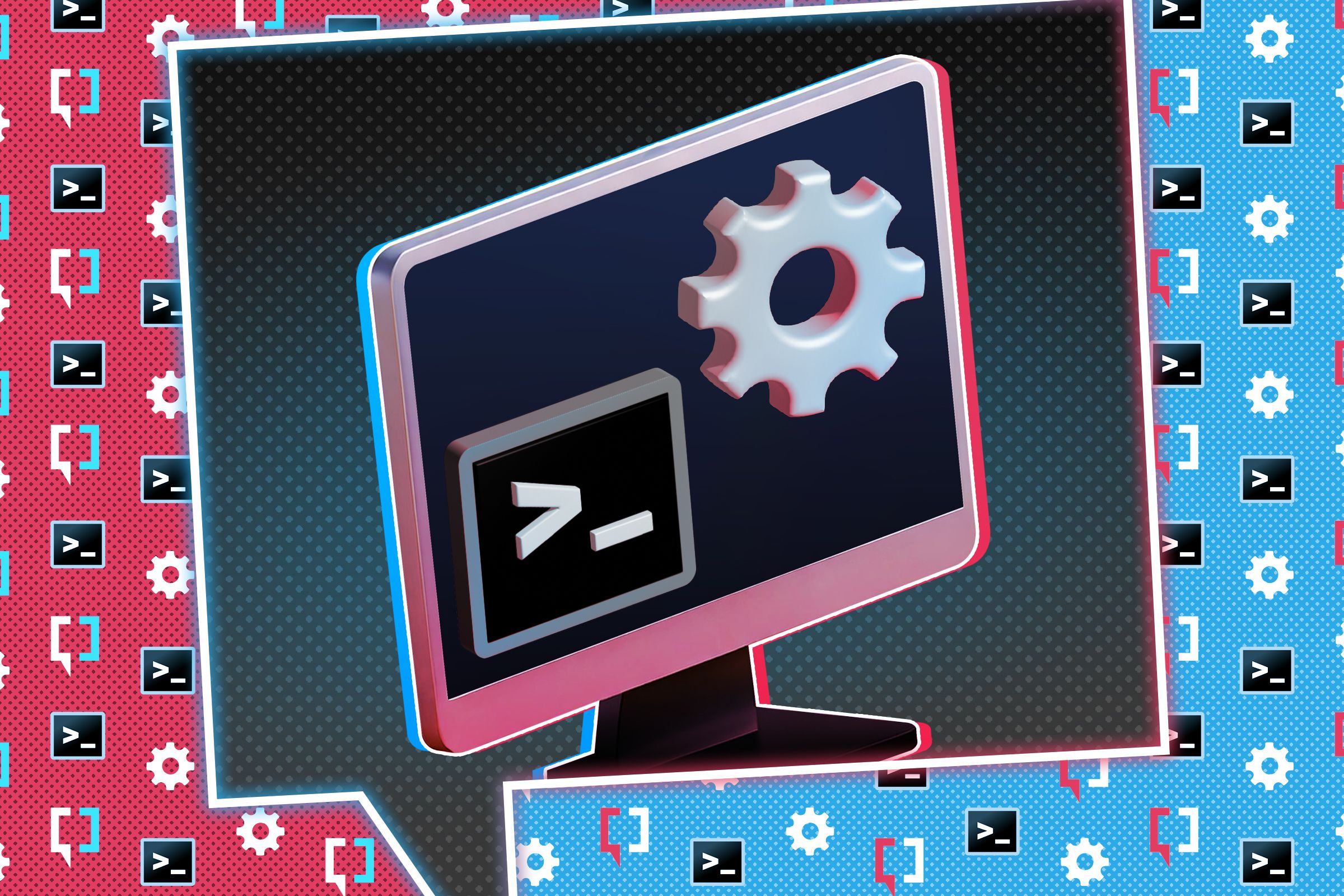
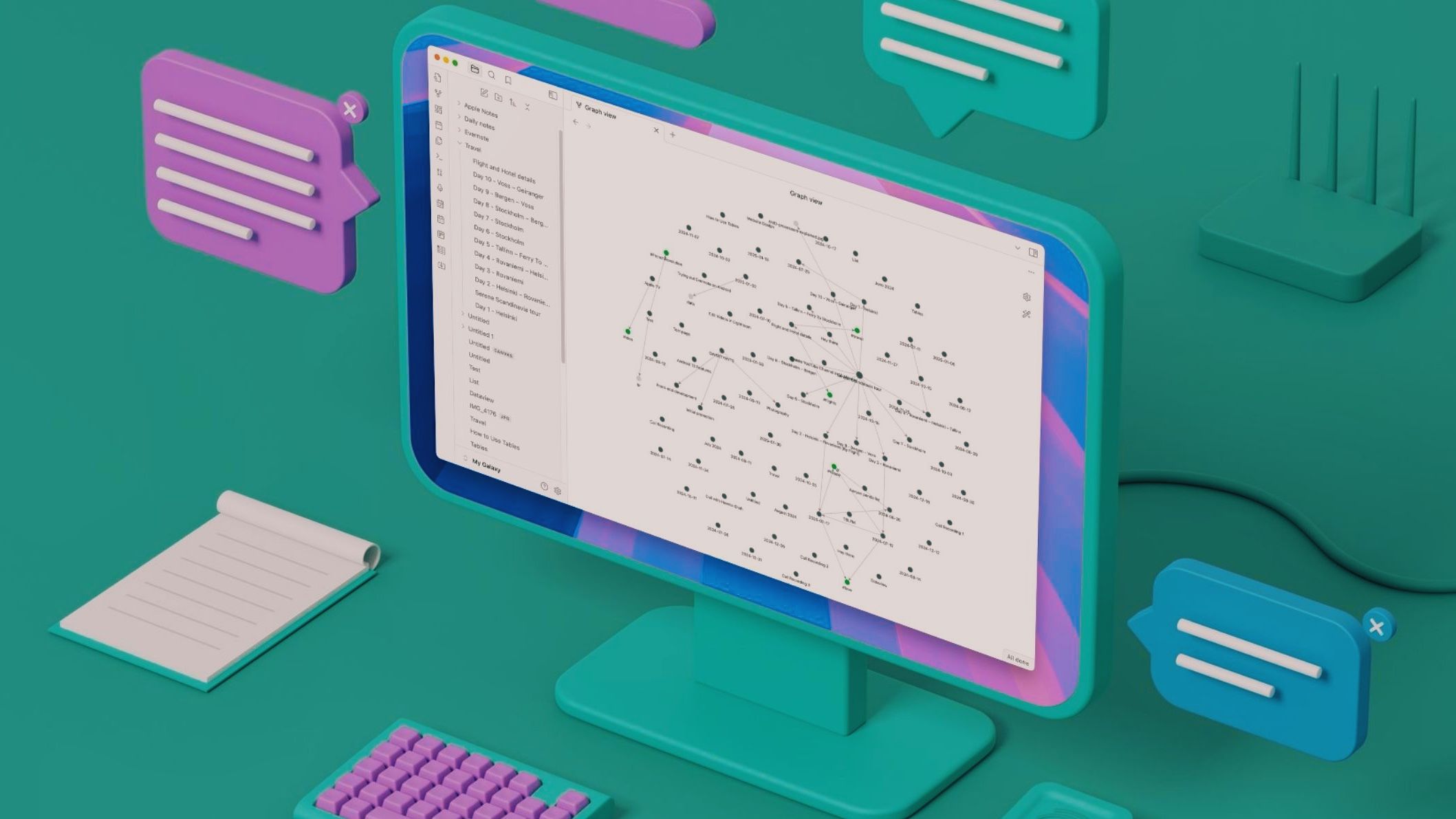


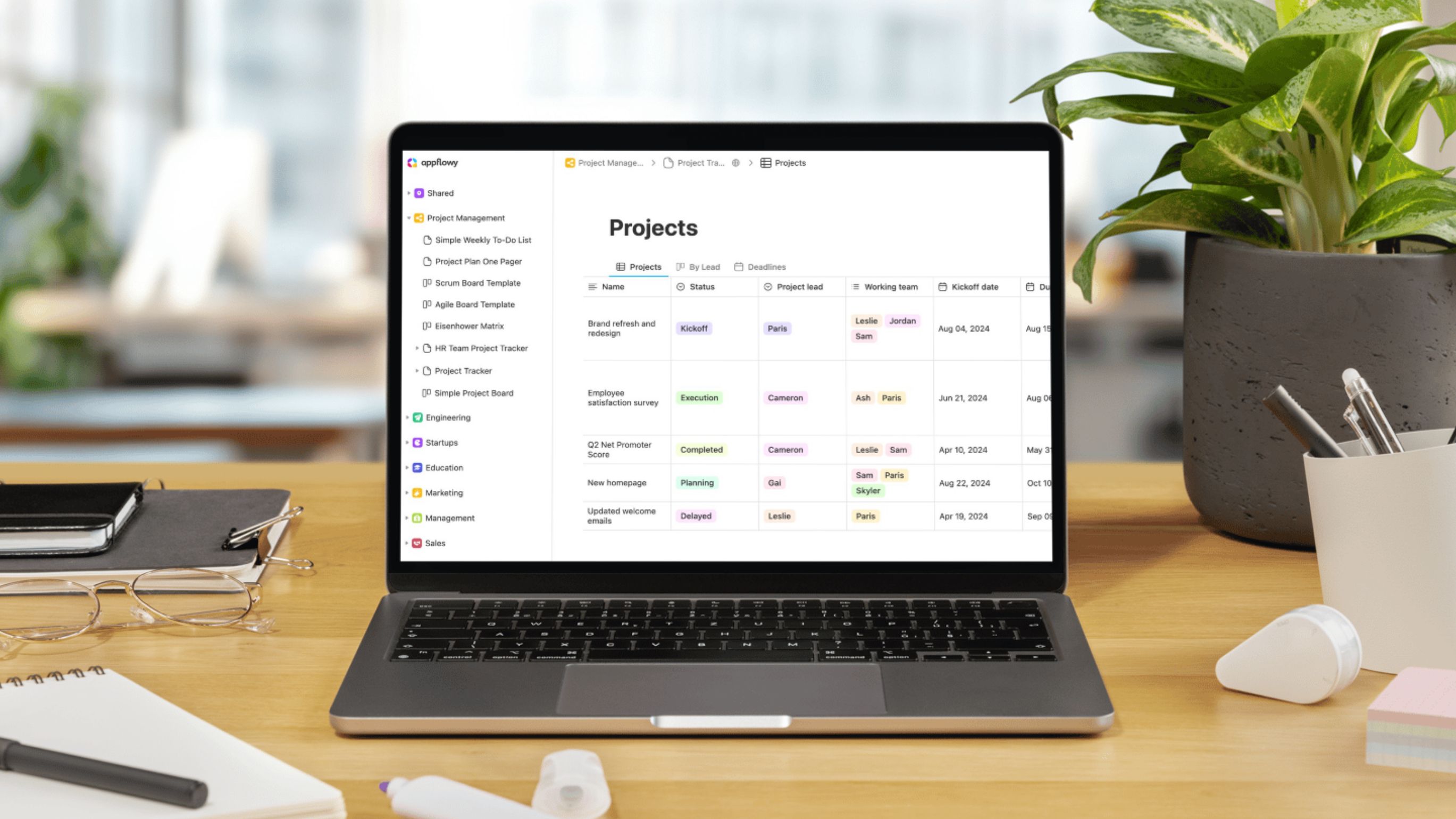










 English (US) ·
English (US) ·